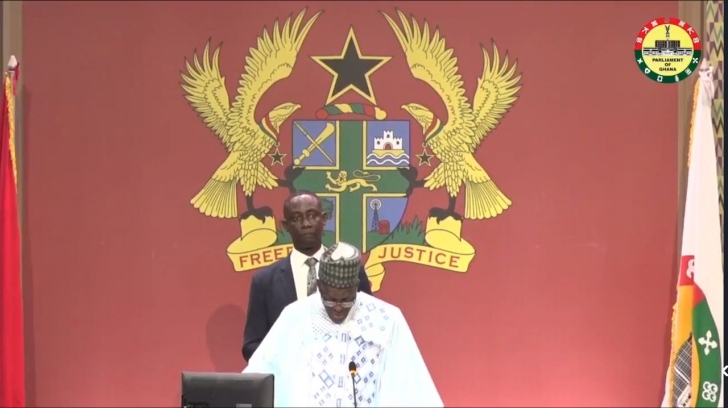
Bagbin has set 'bad precedent' with how he declared 4 parliamentary seats vacant - Kwaku Azar
Professor Stephen Kwaku Asare, also known as Kwaku Azar, has raised concerns about the Speaker of Parliament, Alban Bagbin’s decision to declare four parliamentary seats vacant.
According to Kwaku Azar, this move could set a dangerous precedent that might discourage Members of Parliament (MPs) from planning their political futures due to the fear of facing punitive measures.
In a Facebook post on October 17, 2024, Kwaku Azar expressed his belief that this decision could destabilize the political balance established by voters, thereby limiting MPs’ freedom to pursue their political aspirations. He emphasized that such rulings could create an atmosphere where MPs feel restricted in their ability to explore diverse political options, which would undermine the independence of Parliament.
Kwaku Azar warned that if such rulings became more common, it could have a lasting impact on Ghana’s parliamentary system and democratic governance. He argued that the decision may deter MPs from exploring new political avenues or affiliations, ultimately narrowing the range of perspectives in the legislative body.
His concerns reflect broader worries about the long-term autonomy of MPs and their freedom to associate with different political groups. Kwaku Azar cautioned that these kinds of decisions risk disrupting the natural political balance and could erode democratic processes. He urged a more cautious approach to such rulings in the future, warning that it might lead MPs to avoid political planning due to concerns about possible repercussions.
He further criticized the ruling as a violation of MPs’ right to freedom of association, arguing that it penalizes MPs for considering future political affiliations. Kwaku Azar stated that treating a nomination for a future election as a betrayal of current loyalty could stifle political growth and development.
In conclusion, Kwaku Azar called for a more thoughtful and measured approach to these decisions, emphasizing the potential negative impact on Ghana's democratic system if such actions become routine.
